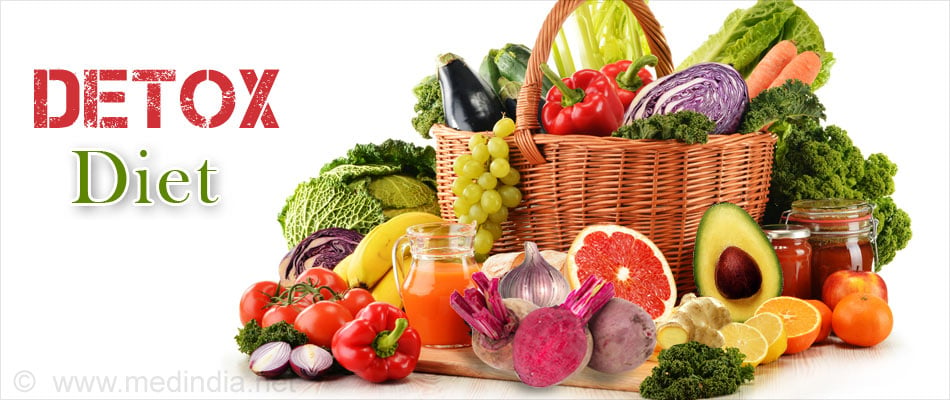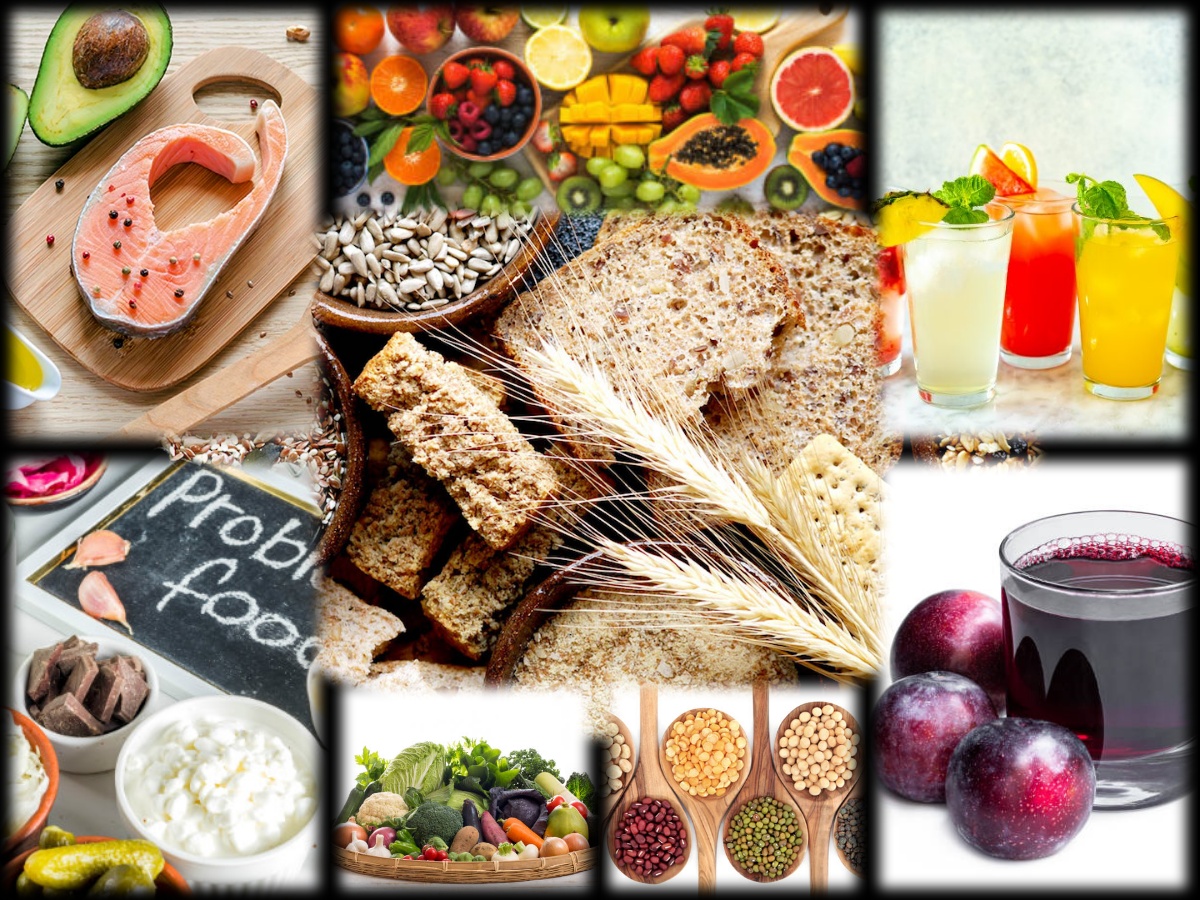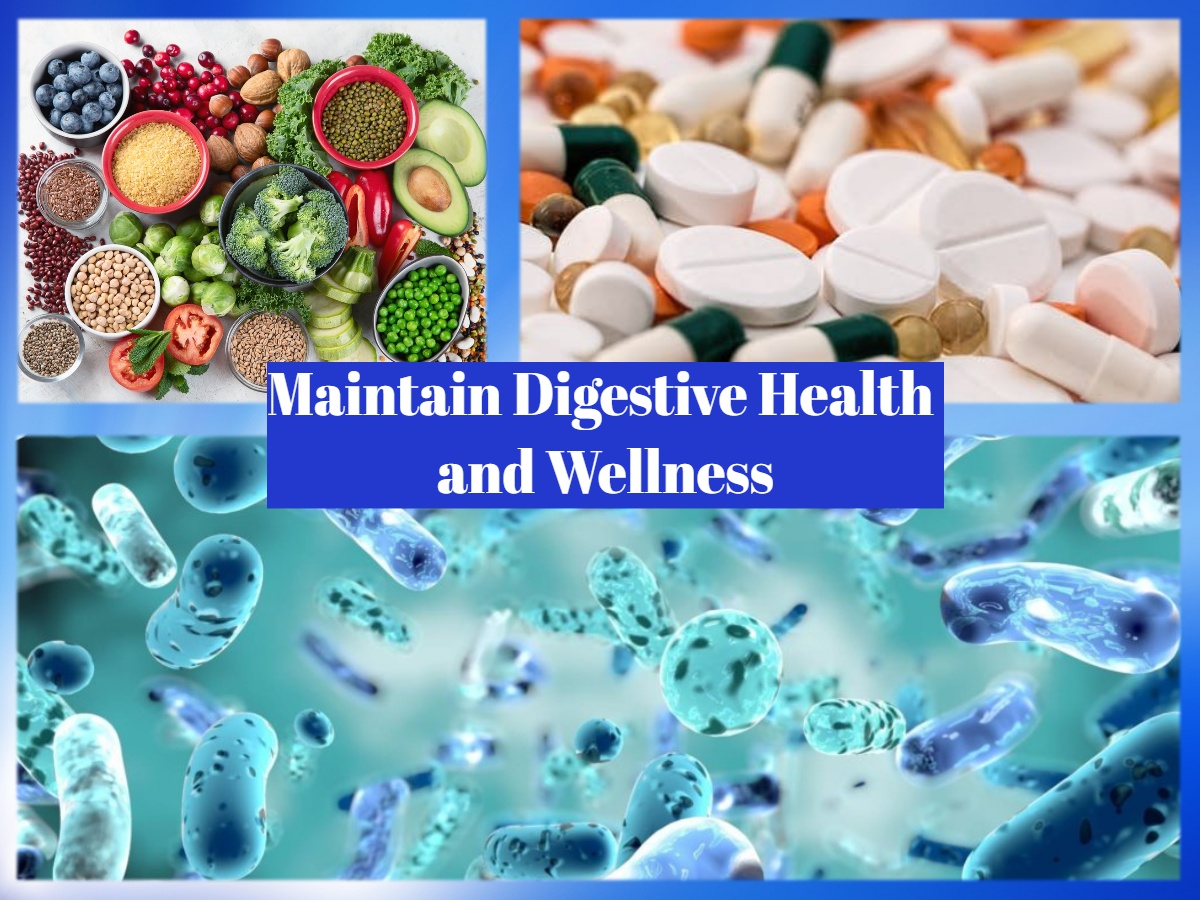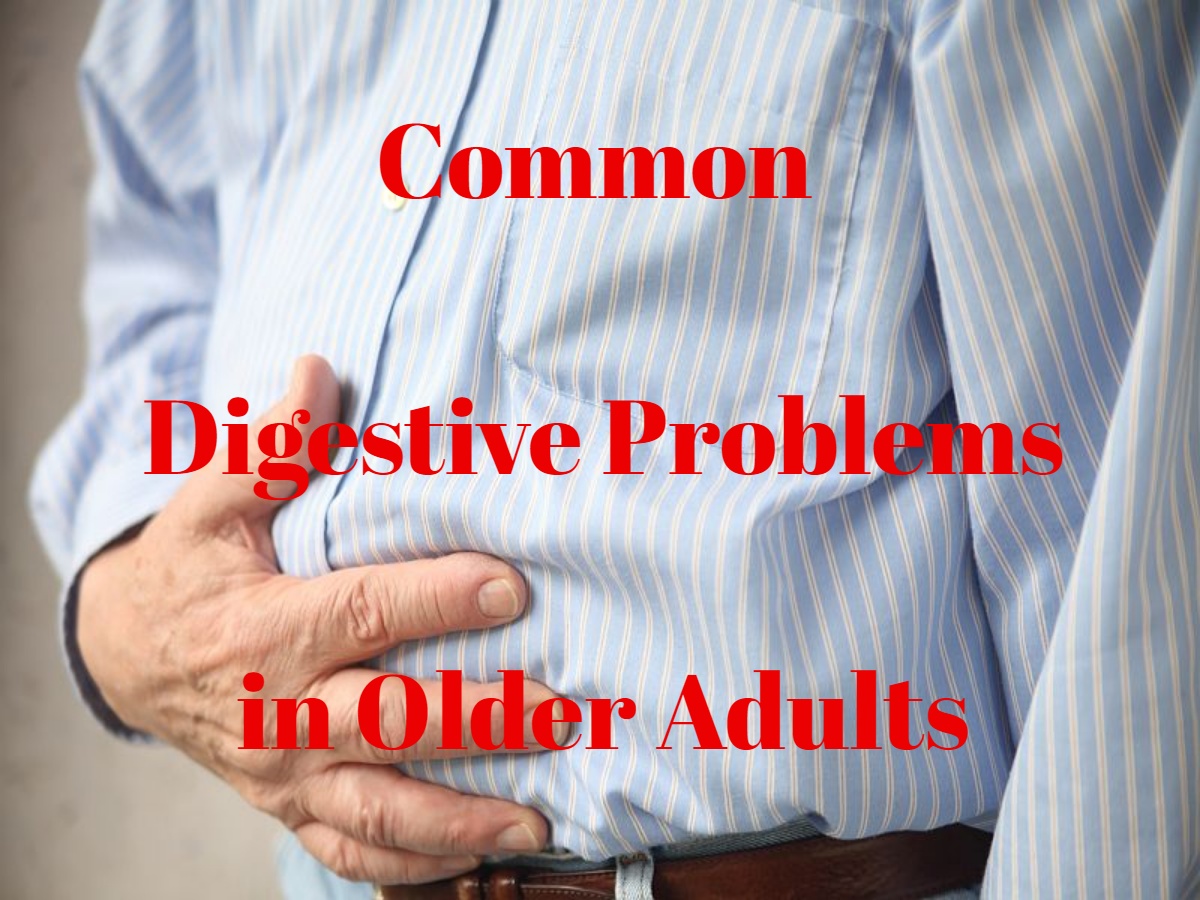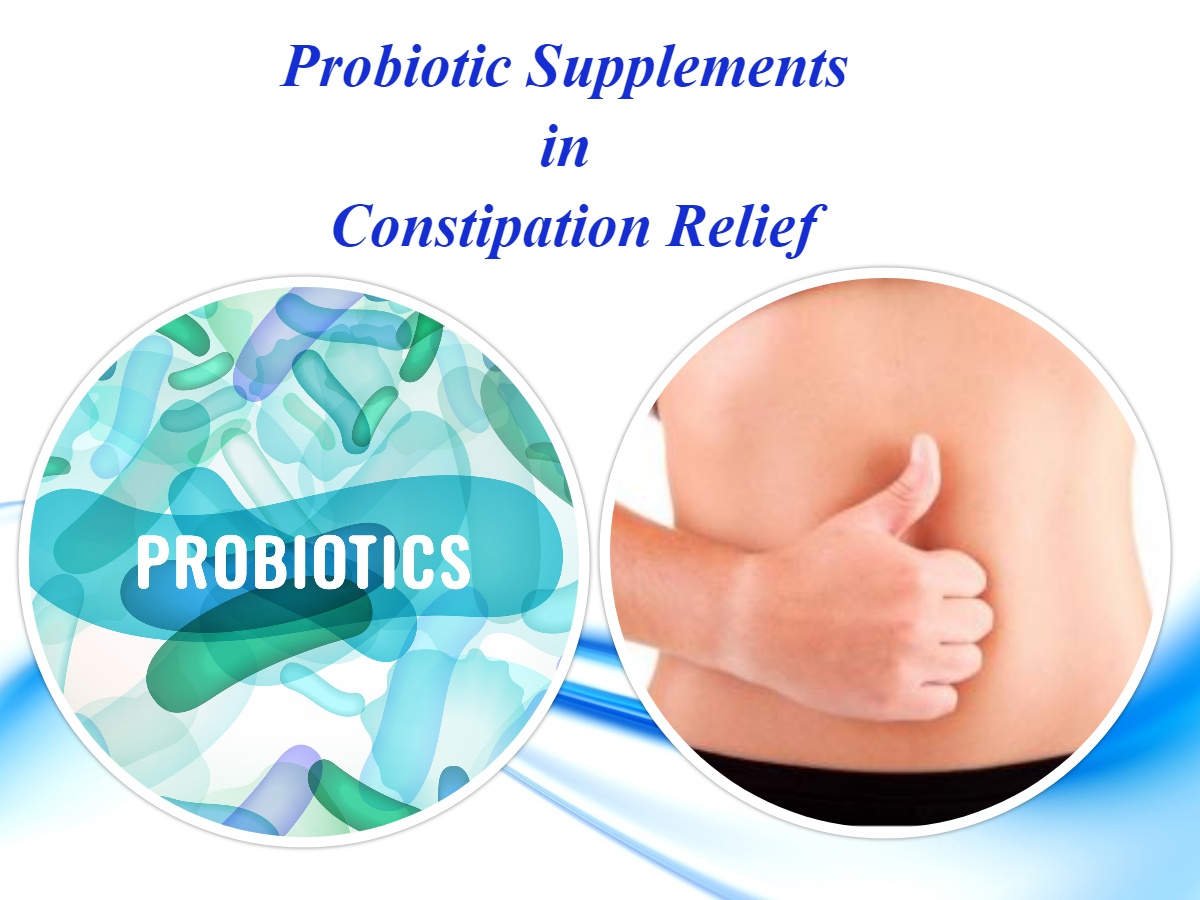Discover the transformative power of the Elixir of Life: Secrets to Effective Detoxification, and embark on a journey towards a revitalized and healthier you.
Table of Contents
Introduction: Unveiling the Elixir of Life
In today’s fast-paced world, the quest for the proverbial Elixir of Life has taken on a new meaning. Amidst the hustle and bustle, our bodies accumulate toxins from various sources, be it the food we eat, the air we breathe, or the stress we endure. The Elixir of Life: Secrets to Effective Detoxification offers a beacon of hope, promising a path to cleanse our system, rejuvenate our vitality, and restore our health to its zenith.
The Science of Detoxification
How Detox Works in the Body
The liver plays a central role in detoxification, performing two critical phases of detoxification: Phase I (transformation) and Phase II (conjugation). In Phase I, toxins are transformed into less harmful substances, and in Phase II, they are made water-soluble, making it easier for the body to excrete them through urine, feces, or sweat.
The kidneys filter blood to remove waste and excess substances, which are then excreted as urine. The intestines eliminate waste and toxins through bowel movements, with the help of beneficial gut bacteria that break down toxins. The lymphatic system removes waste from the body’s tissues, while the skin excretes toxins through sweat. The lungs expel carbon dioxide, a byproduct of metabolism.
The Role of Antioxidants and Phytonutrients
Antioxidants and phytonutrients are nature’s defense against the harmful effects of free radicals and toxins. Free radicals are unstable molecules that can cause oxidative stress, leading to cellular damage and chronic diseases. Antioxidants neutralize free radicals, thereby reducing oxidative stress and protecting the body.
Phytonutrients, found in fruits, vegetables, grains, and other plant-based foods, offer various health benefits, including detoxification support. These compounds can stimulate the activity of enzymes involved in detoxification processes, helping the body to efficiently process and eliminate toxins.
Incorporating foods rich in antioxidants and phytonutrients into your diet can enhance your body’s natural detoxification processes. Brightly colored fruits and vegetables, such as berries, citrus fruits, leafy greens, and beets, are excellent sources of these vital nutrients.

Key Ingredients of the Elixir
Natural Detoxifiers
- Water: Often overlooked, water is the most fundamental detoxifier. It facilitates the removal of waste products from the blood through the kidneys and helps in maintaining optimal bodily functions.
- Lemon: Rich in vitamin C and antioxidants, lemon enhances the body’s detoxification processes and supports liver function. Starting your day with a glass of warm lemon water can kickstart your digestive system and flush out toxins.
- Green Tea: Packed with antioxidants, particularly catechins, green tea boosts liver function and helps in the elimination of toxins through its diuretic properties.
- Ginger: Known for its anti-inflammatory and digestive properties, ginger stimulates digestion, circulation, and sweating, each of which plays a role in the detoxification process.
- Turmeric: This powerful spice contains curcumin, a compound with strong anti-inflammatory and antioxidant properties that support liver health and detoxification.
Superfoods for Detox
- Beets: Beets are high in antioxidants and nutrients, including betalains, which have been shown to provide detoxification support, particularly in the liver.
- Garlic: Garlic is not just a culinary staple but a powerful detoxifier. It contains sulfur compounds that activate liver enzymes responsible for expelling toxins from the body.
- Leafy Greens: Spinach, kale, and other leafy greens are packed with chlorophyll, which binds to toxins and helps remove them from the body while also providing a wealth of vitamins and minerals.
- Apples: High in pectin, a type of soluble fiber, apples help detox metals and food additives from the bloodstream.
- Flaxseeds: Rich in fiber and omega-3 fatty acids, flaxseeds promote healthy bowel movements and support the body’s detoxification pathways.
Incorporating these ingredients into your diet can significantly enhance your body’s natural detoxification systems. From hydrating with water and lemon to adding ginger, turmeric, and green tea to your diet, and embracing superfoods like beets, garlic, leafy greens, apples, and flaxseeds, you create a powerful detoxifying regimen. These ingredients not only support the elimination of toxins but also provide essential nutrients that promote overall health and well-being.
By integrating these key elements into your daily routine, you embrace the essence of the Elixir of Life, setting the foundation for a detoxified, rejuvenated, and vibrant life.
Crafting Your Detox Plan
Assessing Your Detox Needs
The first step in crafting your detox plan is to assess your detox needs. This involves taking a holistic view of your health, lifestyle, and current dietary habits. Consider factors such as your energy levels, digestion, skin health, and any symptoms of toxin overload like fatigue, headaches, or chronic health issues. A healthcare professional or a detox specialist can provide insights and help you evaluate your detox needs more accurately.
Implementing Your Plan
Start implementing your detox plan gradually, making one or two changes at a time to avoid overwhelming your body. Listen to your body’s responses and adjust your plan as needed. It’s also important to set realistic goals and be patient with yourself; detoxification is a journey, not a race.
Monitoring Progress and Adjusting
Keep track of your progress by noting changes in your energy levels, digestion, skin health, and overall well-being. This will help you identify what works best for your body and make necessary adjustments to your detox plan over time.
Tailored Detox Strategies
Once you have a clear understanding of your detox needs, you can begin to tailor your detox strategies. This doesn’t mean jumping into a one-size-fits-all detox regimen. Instead, focus on making gradual and sustainable changes to your diet, lifestyle, and environment that support your body’s natural detoxification processes. Here are some key strategies to consider:
- Hydrate Wisely: Water is essential for detoxification as it helps to flush out toxins through urine and sweat. Aim for at least 8-10 glasses of water a day, and consider adding lemon or cucumber for added detox benefits.
- Eat Clean and Green: Focus on incorporating whole, unprocessed foods into your diet, especially those rich in fiber, antioxidants, and essential nutrients. Fruits, vegetables, whole grains, nuts, seeds, and lean proteins should be the cornerstone of your diet.
- Limit Toxin Exposure: Reduce your exposure to toxins by choosing organic produce, avoiding processed foods, and minimizing the use of chemical-laden household cleaners and personal care products.
- Supportive Supplements: Consider supplements that support detoxification, such as milk thistle, dandelion root, or green tea extract. Always consult with a healthcare professional before adding new supplements to your regimen.
- Mindful Movement: Exercise promotes detoxification by enhancing circulation and encouraging sweat. Find a form of exercise you enjoy, whether it’s yoga, walking, cycling, or swimming, and make it a regular part of your routine.
- Rest and Rejuvenate: Adequate sleep and stress management are crucial for effective detoxification. Aim for 7-9 hours of quality sleep per night and incorporate stress-reducing practices like meditation, deep breathing, or journaling into your daily routine.

The Impact of Lifestyle on Detoxification
Stress and Detox
One of the most significant lifestyle factors affecting detoxification is stress. Chronic stress can lead to an array of negative health effects, including hindering the body’s detoxification process. When we’re stressed, our body releases cortisol, a hormone that, in elevated levels, can impair the liver’s ability to detoxify effectively. Furthermore, stress can impact digestive health, reducing the body’s ability to eliminate toxins through the gastrointestinal tract.
To mitigate the effects of stress on detoxification, consider incorporating stress-reduction techniques into your daily routine. Practices such as yoga, meditation, deep breathing exercises, and spending time in nature can significantly reduce stress levels, thereby supporting the body’s natural detox pathways.
Exercise and Detoxification
Physical activity is another crucial lifestyle factor influencing detoxification. Exercise boosts circulation and encourages sweat, helping to flush toxins out of the body. It also enhances the function of the lymphatic system, a key component of the body’s detoxification process. By moving lymph fluid throughout the body, exercise helps in the efficient removal of toxins from tissues.
Incorporating regular exercise into your lifestyle doesn’t require intense workouts at the gym. Activities such as brisk walking, cycling, swimming, or even gardening can provide the necessary benefits to support detoxification. The key is consistency and finding a form of exercise that you enjoy and can stick with in the long term.
Diet’s Role in Detoxification
Diet plays a pivotal role in supporting or hindering detoxification. Consuming a diet rich in processed foods, sugar, and unhealthy fats can overload the body with toxins, making it harder for the liver and other detox organs to function effectively. On the other hand, a diet abundant in fruits, vegetables, whole grains, lean proteins, and healthy fats provides the nutrients necessary for supporting the body’s natural detox processes.
Foods particularly beneficial for detoxification include leafy greens, cruciferous vegetables, berries, citrus fruits, nuts, seeds, and legumes. These foods are high in antioxidants, fiber, and essential nutrients that aid in the elimination of toxins and support overall health.
Hydration
Staying well-hydrated is essential for effective detoxification. Water facilitates the removal of waste products from the body through urine, sweat, and bowel movements. Adequate hydration also supports kidney function, an organ crucial for filtering out toxins from the bloodstream.
Aiming for at least 8-10 glasses of water daily is a good baseline, but individual needs may vary based on factors such as activity level, climate, and overall health. Incorporating herbal teas and water-rich fruits and vegetables into your diet can also help meet your hydration needs.

Detoxification Through Diet
Clean Eating Principles
Clean eating is foundational to a detox diet. It emphasizes the importance of choosing whole, unprocessed foods and avoiding additives, preservatives, and chemicals commonly found in processed foods. Here are key principles to follow:
- Focus on Plant-Based Foods: Increase your intake of fruits, vegetables, whole grains, nuts, and seeds. These foods are rich in antioxidants and phytonutrients that support detoxification.
- Choose Organic Where Possible: To reduce exposure to pesticides and chemicals, opt for organic produce, especially for fruits and vegetables known to have high pesticide residues.
- Hydrate Adequately: Drinking sufficient water is crucial for flushing toxins out of your body. Aim for at least 8-10 glasses a day, and consider adding lemon, cucumber, or berries for extra detoxification benefits.
- Limit Processed Foods: Processed and packaged foods often contain additives and preservatives that can burden your detoxification system. Choose fresh, whole foods whenever possible.
- Reduce Intake of Refined Sugars and Flours: These can cause spikes in blood sugar and contribute to the accumulation of toxins. Opt for natural sweeteners like honey or maple syrup in moderation and choose whole grains.
- Incorporate Detoxifying Foods: Certain foods have been shown to support liver function and the body’s natural detoxification processes. These include leafy greens, beets, garlic, turmeric, and green tea.
Detox Diet Recipes
Incorporating detoxifying foods into your diet doesn’t have to be a chore. Here are simple yet delicious ideas to get you started:
- Green Detox Smoothie: Blend spinach, kale, green apple, cucumber, lemon juice, and ginger with a bit of water or green tea for a refreshing detox smoothie.
- Quinoa and Roasted Vegetable Salad: Toss roasted beets, carrots, and broccoli with cooked quinoa, lemon dressing, and a sprinkle of hemp seeds for a nutrient-dense meal.
- Turmeric Ginger Tea: Simmer fresh ginger and turmeric in water, strain, and add a dash of lemon and honey. This tea is perfect for supporting detoxification and inflammation reduction.

Enhancing Detoxification with Herbal Remedies
Herbal Teas for Detox
Herbal teas are an easy and soothing way to introduce detoxifying herbs into your daily routine. Not only do they hydrate, but they also carry the medicinal properties of the herbs they’re made from. Here are a few notable herbal teas for detox:
- Dandelion Tea: Dandelion roots and leaves are known for their liver-supporting and diuretic properties, helping to flush toxins from the body and improve liver function.
- Green Tea: Rich in antioxidants, green tea boosts liver function and aids in the body’s detoxification processes. It also helps improve metabolism and can aid in weight loss.
- Milk Thistle Tea: Milk thistle is widely recognized for its liver-protective qualities. It promotes liver detoxification and regeneration, making it an excellent choice for a detox tea.
- Peppermint Tea: Besides its refreshing flavor, peppermint tea aids in digestion, relieves bloating, and can help in the removal of toxins by ensuring smooth digestion.
Supplements for Enhanced Detox
In addition to teas, herbal supplements can be a concentrated way to harness the detoxifying benefits of herbs. However, it’s important to consult with a healthcare professional before adding supplements to your routine, especially if you have underlying health conditions or are taking medications. Here are a few supplements known for their detoxifying properties:
- Milk Thistle Extract: Similar to the tea, milk thistle supplements can protect and promote the health of the liver, encouraging the detoxification process.
- Turmeric Curcumin: Turmeric, and specifically its active compound curcumin, has powerful anti-inflammatory and antioxidant properties. It can support liver health and aid in detoxification.
- Dandelion Root Extract: Available in capsule or liquid extract form, dandelion root can support the liver and kidneys in flushing out toxins.
Incorporating Herbal Remedies into Your Detox Plan
When enhancing your detoxification efforts with herbal remedies, consider the following tips:
- Start Slow: If you’re new to using herbal remedies, start with small amounts to see how your body reacts. This is especially important for teas and supplements with diuretic properties.
- Quality Matters: Choose high-quality, organic herbal teas and supplements from reputable sources to ensure you’re getting the most beneficial and clean products.
- Listen to Your Body: Everyone’s body reacts differently to herbal remedies. Pay attention to how you feel and adjust your intake accordingly. If you experience any adverse effects, consider stopping the herb and consulting a healthcare provider.
- Combine with a Healthy Lifestyle: Herbal remedies are most effective when combined with a healthy diet, adequate hydration, regular exercise, and good sleep.

Detox and Mental Health
Emotional Detox: Clearing the Mind
Emotional detox involves processing and releasing negative emotions that can accumulate over time, leading to stress, anxiety, and depression. These emotional toxins can impact physical health by triggering the release of stress hormones like cortisol, which, in excess, can impair bodily functions and inhibit detoxification processes. Clearing the mind of these emotional toxins involves:
- Mindfulness and Meditation: Practices like mindfulness and meditation can help individuals become more aware of their thoughts and feelings, allowing them to observe and release negative patterns without judgment.
- Journaling: Writing down thoughts and feelings can be a therapeutic way to process emotions, reduce stress, and gain clarity, aiding in the emotional detox process.
- Therapy and Counseling: Professional support can be invaluable in addressing and overcoming deep-seated emotional issues and developing strategies for emotional detoxification.

The Connection Between Mental Health and Detox
The bidirectional relationship between mental health and detoxification suggests that improving one aspect can positively affect the other. For example, reducing physical toxins through dietary and lifestyle changes can lead to improved mental clarity, reduced anxiety, and better emotional resilience. Conversely, managing stress and emotional health can enhance the body’s ability to detoxify by reducing the burden of stress-related toxins and improving overall physiological function.
Strategies for Supporting Mental and Physical Detox
Integrating practices that support both mental and physical detoxification can lead to more comprehensive health benefits. Consider incorporating the following strategies into your wellness routine:
- Regular Exercise: Physical activity is not only beneficial for physical detoxification through sweat and improved circulation but also for mental health by reducing stress and improving mood through the release of endorphins.
- Balanced Diet: A diet rich in nutrients supports both brain health and the body’s detoxification systems. Foods high in antioxidants, omega-3 fatty acids, and vitamins can improve mental well-being and facilitate physical detox.
- Adequate Sleep: Quality sleep is crucial for both mental health and the body’s natural detoxification processes. Ensuring 7-9 hours of sleep per night allows the brain to remove toxins and repair itself, contributing to improved mental and physical health.
- Social Connections: Building and maintaining positive social connections can provide emotional support, reduce stress, and improve overall well-being, thereby supporting both mental and
Success Stories: Transformations with Detoxification
Personal Journeys
- Maria’s Story: Maria, a 45-year-old office worker, struggled with chronic fatigue, digestive issues, and persistent skin problems for years. After consulting a nutritionist, she embarked on a 3-month detox plan focusing on eliminating processed foods, reducing sugar intake, and increasing her consumption of whole foods rich in antioxidants and nutrients. She also incorporated regular yoga and meditation into her routine to help manage stress. Maria noticed a significant improvement in her energy levels and digestion within weeks, and her skin cleared up considerably by the end of her detox journey. She now maintains a balanced diet and continues her yoga practice, feeling healthier and more vibrant than ever before.
- Alex’s Transformation: Alex, a 30-year-old software developer, decided to detoxify after years of relying on fast food and experiencing weight gain, lethargy, and poor mental health. By switching to a plant-based diet, engaging in regular physical activity, and using herbal detox supplements, Alex not only lost the excess weight but also experienced an uplift in mood and energy. The detox journey was a catalyst for Alex to adopt a more mindful approach to eating and living, leading to sustained health improvements and a newfound passion for wellness.
Scientific Case Studies
- Detoxification and Heart Health: A clinical study involving participants with high cholesterol levels implemented a detoxification program that included dietary changes, exercise, and sauna therapy. After six months, participants showed a significant reduction in cholesterol levels and improved cardiovascular health, demonstrating the potential of detoxification practices in reducing the risk of heart disease.
- Mental Health Improvements Through Detox: Research focusing on the effects of detoxification on mental health found that participants who followed a detox diet rich in fruits, vegetables, and water while avoiding caffeine and alcohol for four weeks reported significant reductions in symptoms of anxiety and depression. These findings highlight the link between physical detoxification and mental well-being.
Common Pitfalls and How to Avoid Them
Detox Myths Debunked
- Myth: Extreme Cleanses Are the Most Effective: Many people believe that the more extreme a cleanse, the better the results. This misconception can lead to adopting harsh regimens that deprive the body of essential nutrients, causing more harm than good. Solution: Focus on balanced detox plans that emphasize nutritious, whole foods and gradual lifestyle changes rather than extreme restrictions or quick fixes.
- Myth: Detoxification Requires Expensive Supplements: While certain supplements can support detoxification, it’s a myth that you need to invest in expensive products for effective detox. Solution: Prioritize dietary changes and lifestyle improvements. If considering supplements, choose ones backed by research and consult a healthcare professional.
Overcoming Detox Challenges
- Challenge: Dealing with Withdrawal Symptoms: Initial phases of detoxification can sometimes lead to withdrawal symptoms like headaches, irritability, or fatigue, especially if reducing caffeine or sugar intake. Solution: Gradually reduce intake of substances like caffeine and sugar rather than quitting abruptly. Stay hydrated and ensure adequate rest to help your body adjust.
- Challenge: Sticking to the Detox Plan: Many find it challenging to adhere to their detox plan amid daily responsibilities and temptations. Solution: Plan ahead by preparing detox-friendly meals and snacks. Identify personal triggers that may lead to unhealthy choices and develop strategies to manage them. Accountability, through a friend or a support group, can also enhance commitment.
Avoiding Nutrient Deficiencies
Detox diets that severely limit food groups can lead to nutrient deficiencies, undermining health and detoxification efforts. Solution: Ensure your detox plan includes a wide variety of foods to cover all essential nutrients. Consider working with a nutritionist to create a balanced detox plan tailored to your needs.
Unrealistic Expectations
Entering a detox with the expectation of quick fixes or miraculous results can lead to disappointment and rebound unhealthy behaviors. Solution: Set realistic goals and view detoxification as a step towards long-term lifestyle changes rather than a one-time solution.
Ignoring the Body’s Signals
Ignoring signs of distress or pushing through severe discomfort can be detrimental. Solution: Listen to your body. If you experience adverse effects, reassess your detox plan. Adjustments may be necessary to ensure it aligns with your body’s needs.
FAQs About Detoxification
1. What exactly does detoxification mean?
Detoxification is the process of removing toxic substances from the body. It is a natural process that the body performs continuously, primarily through the liver, kidneys, intestines, lungs, lymphatic system, and skin. Detox diets and interventions aim to support and enhance these natural processes.
2. Can detoxification aid in weight loss?
While detoxification is not primarily intended for weight loss, many people may experience temporary weight loss as a result of reducing calorie intake and eliminating processed foods, sugars, and fats from their diet. However, for long-term weight management, it’s essential to adopt sustainable dietary and lifestyle changes rather than relying solely on detoxification.
3. Is it necessary to use supplements for detoxification?
Supplements can complement the detox process by providing additional nutrients and support. However, they are not strictly necessary for everyone. A well-planned detox diet rich in fruits, vegetables, and whole foods can provide many of the nutrients needed to support the body’s natural detoxification processes. Always consult a healthcare provider before starting any supplement regimen.
4. How often should one detox?
The frequency of detoxification varies depending on individual health needs, lifestyle, and the type of detox program being considered. Some people might find a seasonal detox (e.g., spring and fall) beneficial, while others may prefer more frequent, gentle detoxification practices integrated into their daily routines. Listen to your body and consult with a healthcare professional to determine what’s best for you.
5. Are there any side effects to detoxification?
Some people may experience temporary side effects during the detox process, such as headaches, fatigue, irritability, and changes in bowel movements. These symptoms are often short-lived and can be mitigated by ensuring adequate hydration, proper nutrition, and gradual implementation of detox practices. Severe or prolonged side effects should prompt consultation with a healthcare professional.
6. Can anyone undergo a detox?
While most people can benefit from dietary and lifestyle changes that support natural detoxification, certain detox programs may not be suitable for everyone, including pregnant or breastfeeding women, children, and individuals with chronic health conditions. It’s essential to choose a detox plan that is appropriate for your health status and to consult with a healthcare professional before starting.
7. How do I start a detox?
Begin by evaluating your current diet and lifestyle to identify areas that may be contributing to toxin accumulation, such as processed foods, excessive sugar intake, and lack of physical activity. Gradually introduce changes such as increasing your intake of water, fruits, vegetables, and whole grains, reducing your consumption of processed foods and sugars, and incorporating regular physical activity into your routine.
Conclusion: Embracing the Elixir of Life for a Healthier You
The Elixir of Life: Secrets to Effective Detoxification is not a myth but a tangible goal that can be achieved through dedication, knowledge, and the right approach. By embracing the principles outlined in this article, you can embark on a journey towards a healthier, more vibrant you.






